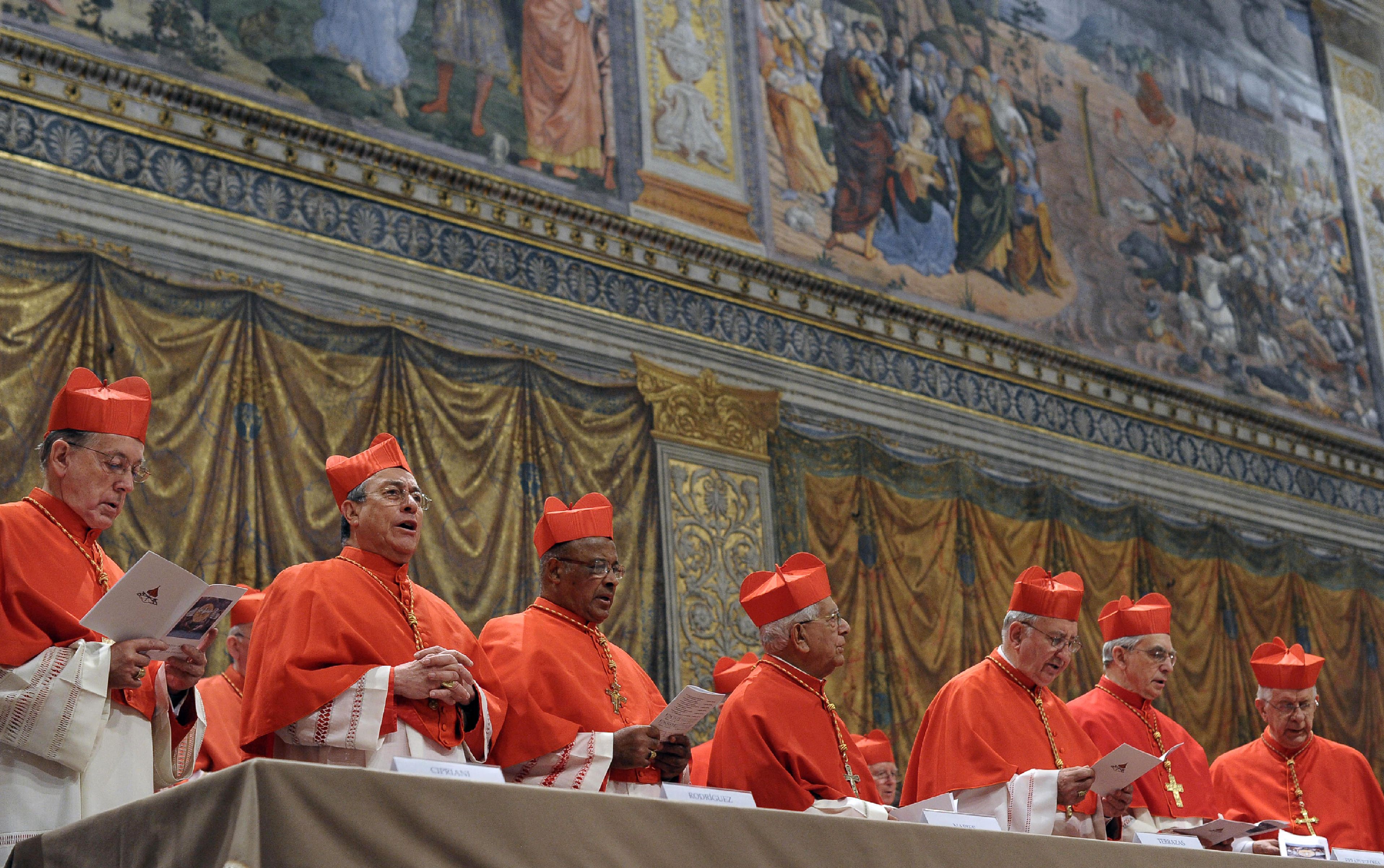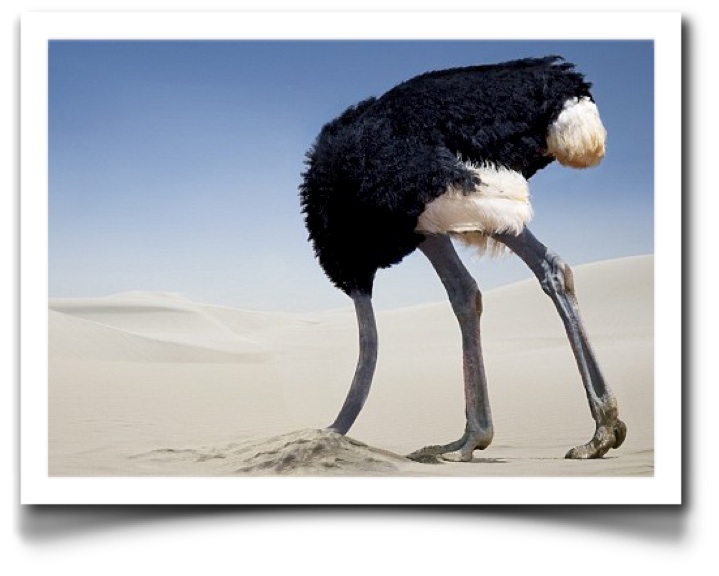Factbox: Potential Successors To Pope Francis

Table of Contents
Leading Cardinal Candidates
The Papal Conclave, the process of electing a new Pope, is shrouded in secrecy, but several cardinals consistently emerge as leading candidates. These individuals possess a combination of theological acumen, administrative experience, and global recognition that positions them as potential frontrunners. Here are a few prominent examples:
-
Cardinal Pietro Parolin (Italy):
- Current Position: Secretary of State of the Holy See
- Key Theological Positions: Generally considered a moderate, known for his diplomatic skills and pragmatism.
- Notable Achievements: Played a key role in numerous international diplomatic initiatives.
- Strengths: Extensive experience in Vatican diplomacy, strong global network.
- Weaknesses: Some might perceive his diplomatic approach as lacking decisive action on certain issues.
- Geographic Influence: Strong ties throughout Europe and beyond.
-
Cardinal Luis Antonio Tagle (Philippines):
- Current Position: Prefect of the Congregation for the Evangelization of Peoples
- Key Theological Positions: Known for his pastoral approach and focus on the poor and marginalized.
- Notable Achievements: Highly respected for his work in evangelization and social justice.
- Strengths: Exceptional communication skills, strong connection with the global south.
- Weaknesses: Relatively less experience in Vatican administration compared to some other candidates.
- Geographic Influence: Significant influence across Asia and developing nations.
-
Cardinal Michael Czerny (Czech Republic/Canada):
- Current Position: Prefect of the Dicastery for Promoting Integral Human Development
- Key Theological Positions: Known for his strong commitment to social justice and environmental issues.
- Notable Achievements: His work on migration and refugee issues has earned international recognition.
- Strengths: Deep commitment to social justice aligns with Pope Francis's emphasis on caring for the marginalized.
- Weaknesses: Lack of significant experience in traditional Vatican administrative roles.
- Geographic Influence: Strong ties to both Europe and North America.
(Note: This list is not exhaustive, and other cardinals could emerge as serious contenders. The composition of the College of Cardinals is constantly evolving, and new figures may rise to prominence.)
Factors Influencing the Papal Election
The Papal election, held within the confines of the Sistine Chapel during the Papal Conclave, is a complex process influenced by numerous factors. Understanding these elements provides insight into the potential outcome.
-
Age and Health: The electors naturally consider the age and health of the candidates. A lengthy papacy requires a leader capable of withstanding the physical and mental demands of the office.
-
Theological Viewpoints: The cardinals will seek a candidate whose theological positions align with the overall doctrine of the Catholic Church while also addressing contemporary challenges. The balance between tradition and adaptation is crucial.
-
Administrative Experience: Experience in managing the complex bureaucracy of the Vatican, coupled with diplomatic skills in navigating international relations, is highly valued.
-
Geographical Representation: The College of Cardinals seeks to elect a Pope who can effectively represent the global Catholic Church, considering the diverse needs and perspectives of its worldwide membership.
-
Political Climate within the College of Cardinals: The dynamics within the College of Cardinals, including the relationships and alliances among the electors, significantly influence the voting process.
-
Impact of Recent Papal Pronouncements: Pope Francis's legacy and recent initiatives will undoubtedly shape the cardinals' considerations as they look to choose a successor who will continue or modify his policies.
Potential Theological Directions of the Next Papacy
The next papacy could take various theological directions, depending on the elected Pope. The candidates' backgrounds suggest several possibilities:
-
Social Justice Emphasis: A continuation and potential intensification of Pope Francis's focus on social justice issues such as poverty, inequality, and environmental protection is highly likely, regardless of who is elected.
-
Church Reform: Internal reforms within the Church's structure and administration, initiated under Pope Francis, are likely to continue. However, the pace and scope of these reforms might vary.
-
Addressing Contemporary Challenges: The next Pope will have to address pressing issues such as declining church attendance in some regions, the ongoing fallout from sexual abuse scandals, and navigating the Church's relationship with increasingly secular societies.
-
Positions on Controversial Issues: The next Pope's stance on LGBTQ+ rights, women's roles in the Church, and other controversial topics will significantly shape the Church's trajectory and its public image. The chosen path will reflect a delicate balance between tradition and pastoral care.
Conclusion
This factbox has highlighted several prominent cardinals who are considered potential successors to Pope Francis, examining their backgrounds, theological viewpoints, and potential influence on the future of the Catholic Church. The selection process will be complex, influenced by various factors, including theological considerations and global representation within the Church. The future of the papacy is a matter of considerable speculation, and the next leader will inherit both immense opportunities and significant challenges.
Call to Action: Stay informed about the developments leading up to the next Papal election. Continue to follow our updates on potential successors to Pope Francis and the future of the papacy. Learn more about the Catholic Church's hierarchy and the process of papal succession by visiting [link to related article/page].

Featured Posts
-
 Doom The Dark Ages Everything We Know So Far
May 12, 2025
Doom The Dark Ages Everything We Know So Far
May 12, 2025 -
 New Hairstyle Rochelle Humes At London Fashion Week
May 12, 2025
New Hairstyle Rochelle Humes At London Fashion Week
May 12, 2025 -
 Unprecedented Feat Two Celtics Players Each Score 40 Points
May 12, 2025
Unprecedented Feat Two Celtics Players Each Score 40 Points
May 12, 2025 -
 Boris Johnson Y El Ataque De Avestruz En Texas La Reaccion Del Ex Primer Ministro
May 12, 2025
Boris Johnson Y El Ataque De Avestruz En Texas La Reaccion Del Ex Primer Ministro
May 12, 2025 -
 Nailed It Lily Collins Bob Haircut Bushy Brows And Nude Lip Makeup
May 12, 2025
Nailed It Lily Collins Bob Haircut Bushy Brows And Nude Lip Makeup
May 12, 2025
